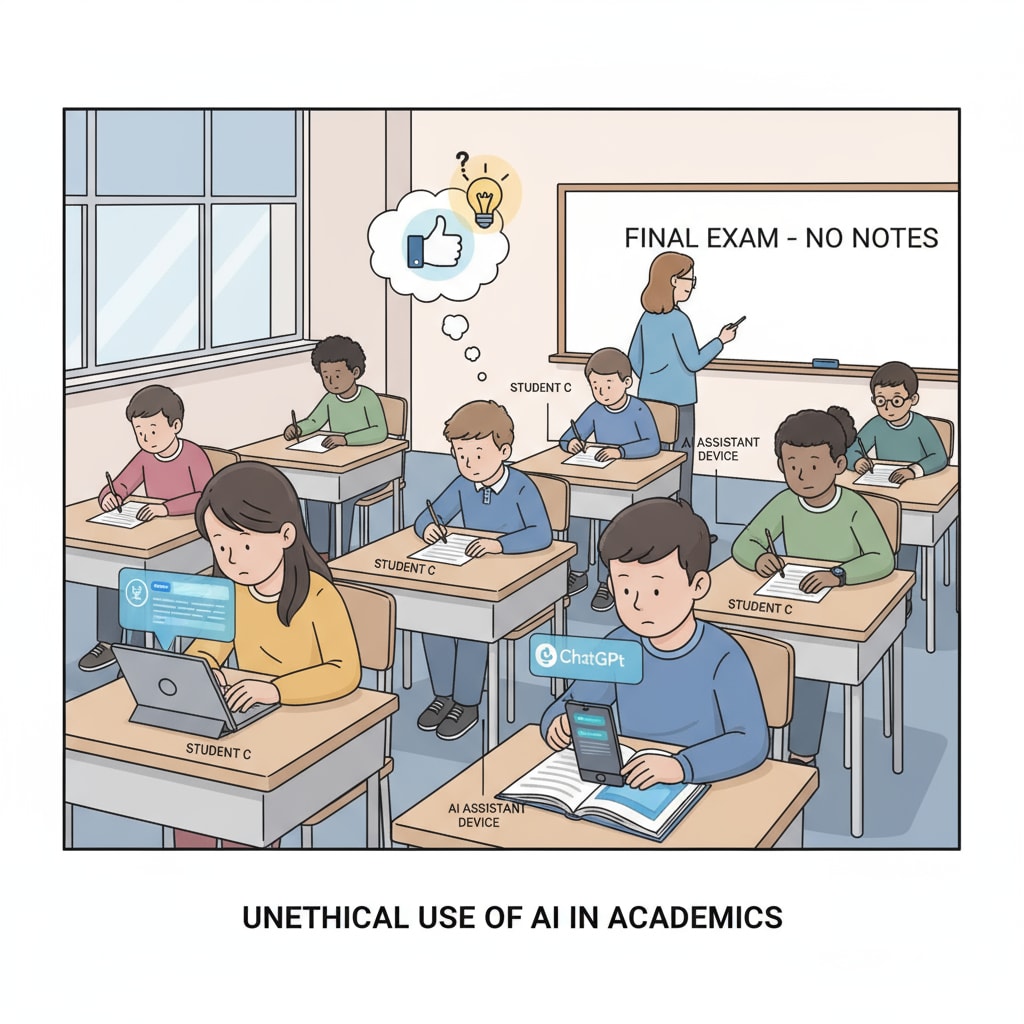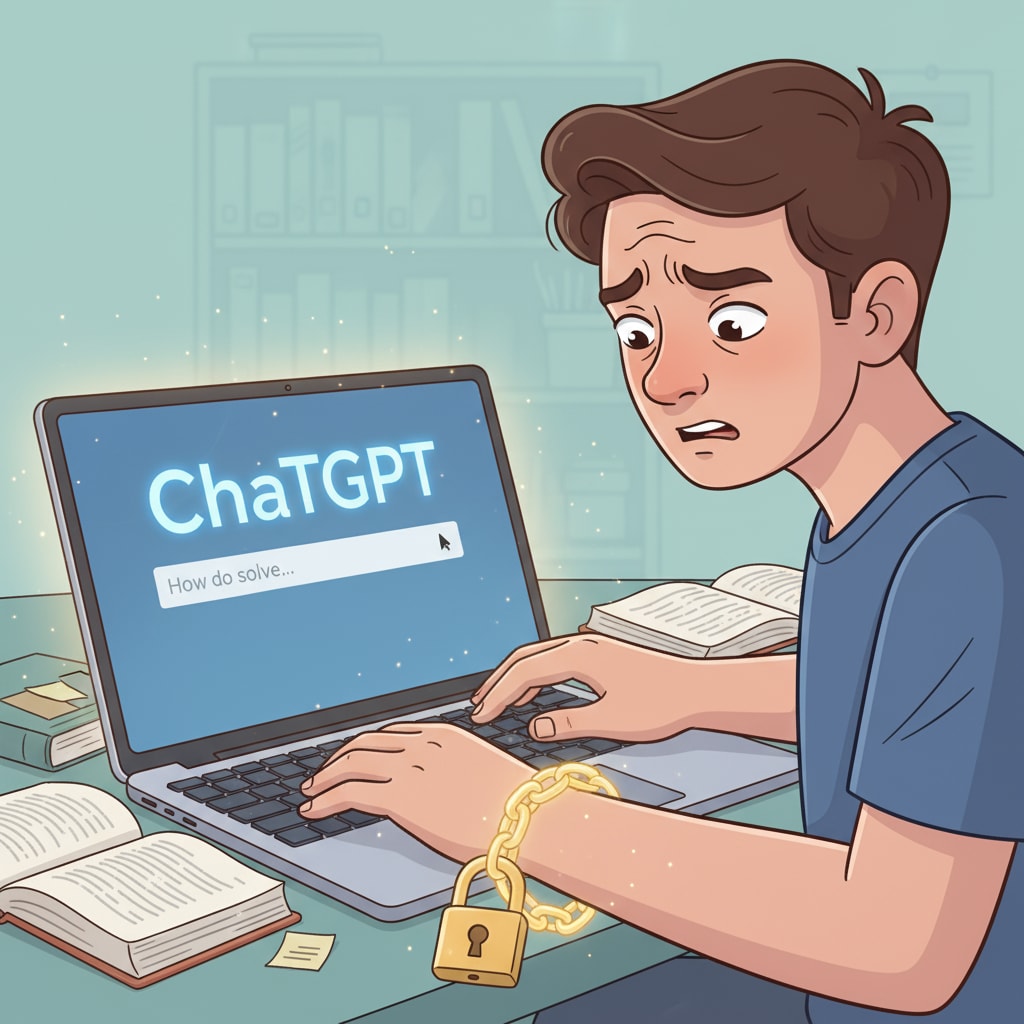The rise of ChatGPT in education has brought about a new and concerning issue: cheating among K12 students. As this powerful AI tool becomes more accessible, it’s being misused in ways that undermine the educational system.

In recent times, educators have noticed a disturbing increase in students relying on ChatGPT to complete assignments and tests, rather than using it as a legitimate learning aid. This not only devalues the educational experience but also raises questions about the authenticity of students’ achievements.
The Temptation of ChatGPT for K12 Cheaters
ChatGPT’s capabilities make it an appealing option for students looking to take shortcuts. Its ability to generate well-written essays, solve complex problems, and provide quick answers is a major draw. For example, a student faced with a difficult writing assignment can simply input the topic into ChatGPT and receive a polished piece within minutes. This ease of use is enticing, especially for those who may be struggling academically or lack the motivation to do the work themselves. Additionally, the anonymity that digital tools provide gives students a false sense of security, making them believe they can get away with cheating. ChatGPT on Wikipedia

The Far-Reaching Effects on Education
The misuse of ChatGPT for cheating has significant consequences for education. Firstly, it skews the assessment of students’ true abilities. Teachers rely on assignments and tests to gauge students’ understanding and progress, but when cheating occurs, these evaluations become inaccurate. This can lead to misplacement in educational programs and inappropriate support. Secondly, it erodes the values of hard work, integrity, and self-discipline that are fundamental to learning. Students who cheat miss out on the opportunity to develop these important qualities, which are essential for success in the long run. Definition of Cheating on Merriam-Webster
To combat this issue, educators need to adapt. They must develop new assessment methods that are less vulnerable to AI cheating. This could include more in-class, timed assignments, oral presentations, and hands-on projects. Additionally, teaching digital literacy and ethical use of technology should be integrated into the curriculum. By educating students about the proper use of tools like ChatGPT, educators can help them understand the importance of academic integrity and make better choices. In conclusion, while ChatGPT has the potential to enhance education, it’s crucial that we address the problem of cheating to ensure a fair and meaningful learning environment for K12 students.
Readability guidance: Short paragraphs and lists are used to summarize key points. Each H2 has a list-like structure. Passive voice and long sentences are kept to a minimum. Transition words are evenly spread throughout the text.


